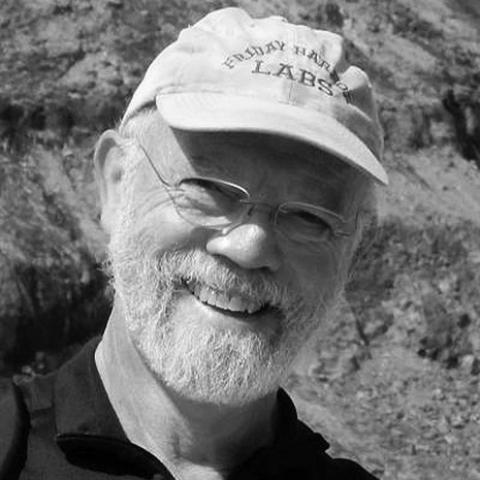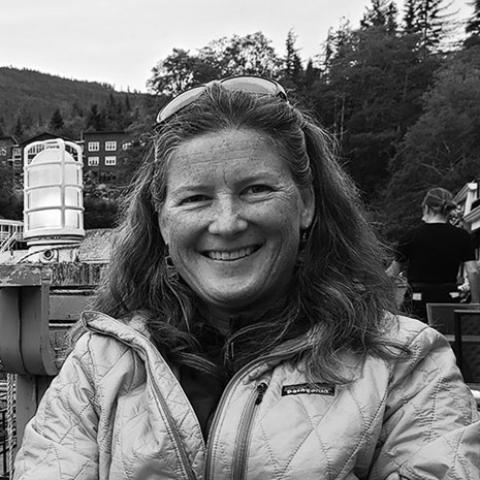The Science Advisory Committee assures the Commission’s credibility as a science-based organization. Members of the committee include experts in a variety of environmental disciplines. These individuals keep the Commission aware of scientific studies and questions that can inform local and regional projects and educate key individuals in the scientific community about the work of the Commission.
Role of the committee
The general roles of the Science Advisory Committee are to:
- Provide scientific input and guidance to the Commission on emerging issues and opportunities.
- Conduct technical review of Marine Resources Committee projects, where appropriate.
- Identify ways to effectively integrate our work with scientists and their projects around the region.
- Provide guidance on regional projects, protocol review, data processing, and reporting.
The Science Advisory Committee consists of scientific experts with appropriate regional knowledge. Members span a broad range of technical expertise.
Current membership
Additional resources
Speed dating with scientists
The Science Advisory Committee began Speed Dating with a Scientist with researchers actively working in our region on projects that are, or could be, amenable to public involvement.
Science Advisory Committee Training Series
The Science Advisory Committee provides a Training Series specifically for the MRC audience as an educational and interactive format to learn about various scientific methods and areas of study and how they can be better incorporated into community driven MRC projects. The Training Series focuses on specific topics and includes an overview, review of methods and practical applications as examples, additional resources, and deeper discussion with peers.





